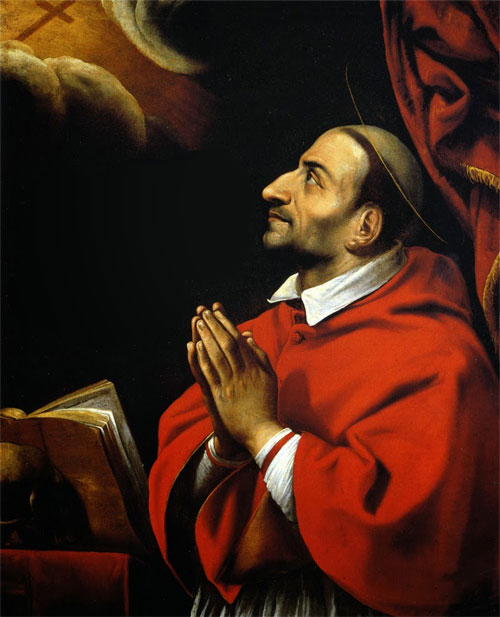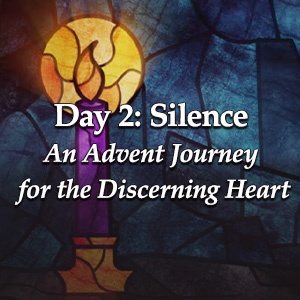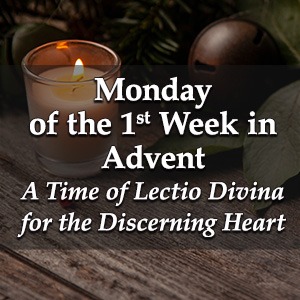Podcast: Play in new window | Download (Duration: 8:01 — 5.6MB) | Embed
Subscribe: Apple Podcasts | Spotify | Amazon Music | Android | Pandora | iHeartRadio | JioSaavn | Podchaser | Gaana | Podcast Index | Email | TuneIn | Deezer | Anghami | RSS | More

CLJ2 – The Epicenter – ‘Come, Lord Jesus’ by Mother Mary Francis, P.C.C.
An excerpt from Come, Lord Jesus: Meditations on the Art of Waiting:
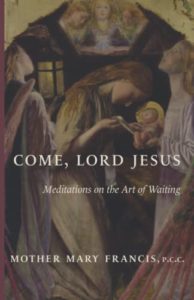 The Epicenter
The Epicenter
“In today’s Gospel we have our dear Lord’s shivering words about the house built on sand, which looked so good, standing there. Everything was going along all right. But then some winds came, and then some rain came. And that good-looking house fell because it was built on sand. Jesus says in those terrible words, which always cause a shiver to go down the spine, “The rains came and the winds came, and that house fell. And, oh, what a fall it had!” We have falls in our lives, in our spiritual lives, and sometimes they are very bad. The trouble is that we had built something on sand.
And then, of course, our dear Lord talks about the other house: it also looked good. It was good, because it was built on a rock. He says that the winds came and they beat against that house. If these were sentient houses, we couldn’t claim that this house didn’t feel the wind, and the other one did. No, it felt the winds. The winds and rain beat upon this house, too. And it also suffered; it also had to endure the impact of the untoward. But this house stood firm because it was built upon a rock.”
Mother Mary Francis, P.C.C., (1921-2006) was for more than forty years the abbess of the Poor Clare Monastery of Our Lady of Guadalupe in Roswell, New Mexico. She became recognized as an authoritative voice for the renewal of religious life through her many books, including A Right to Be Merry, But I Have Called You Friends, and Anima Christi. To learn more about Mother Mary Francis and the Poor Clare Nuns of Roswell, NM visit their website at https://poorclares-roswell.org

Discerning Hearts is grateful to Cluny Media whose permission was obtained to record these audio selections from this published work.


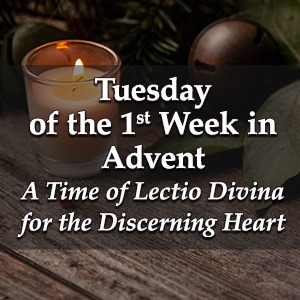

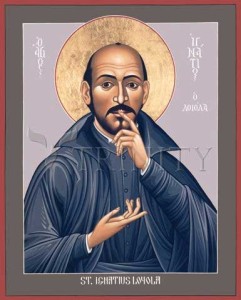 Discerning Hearts Reflection Questions:
Discerning Hearts Reflection Questions:
 O God,
O God,